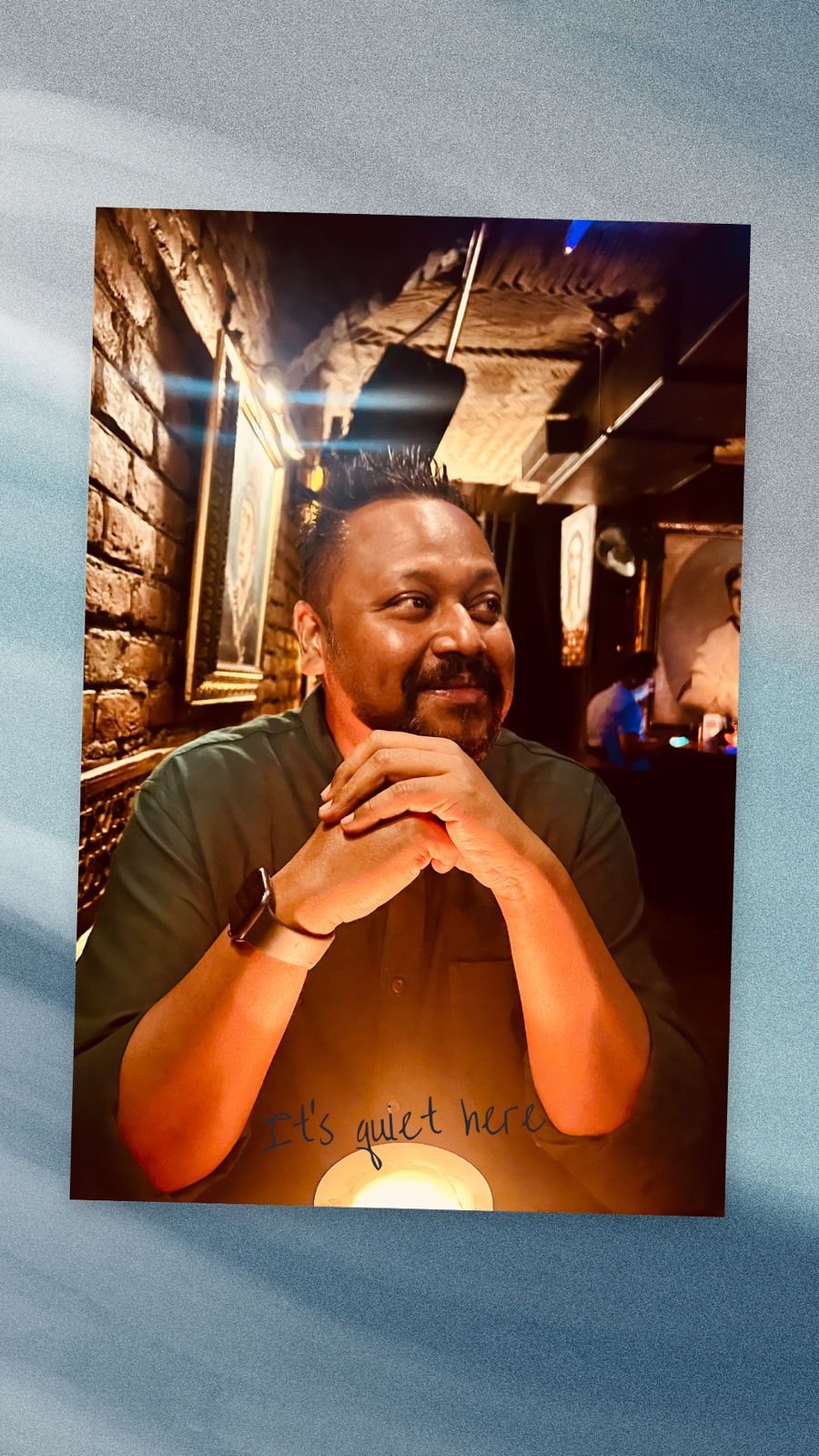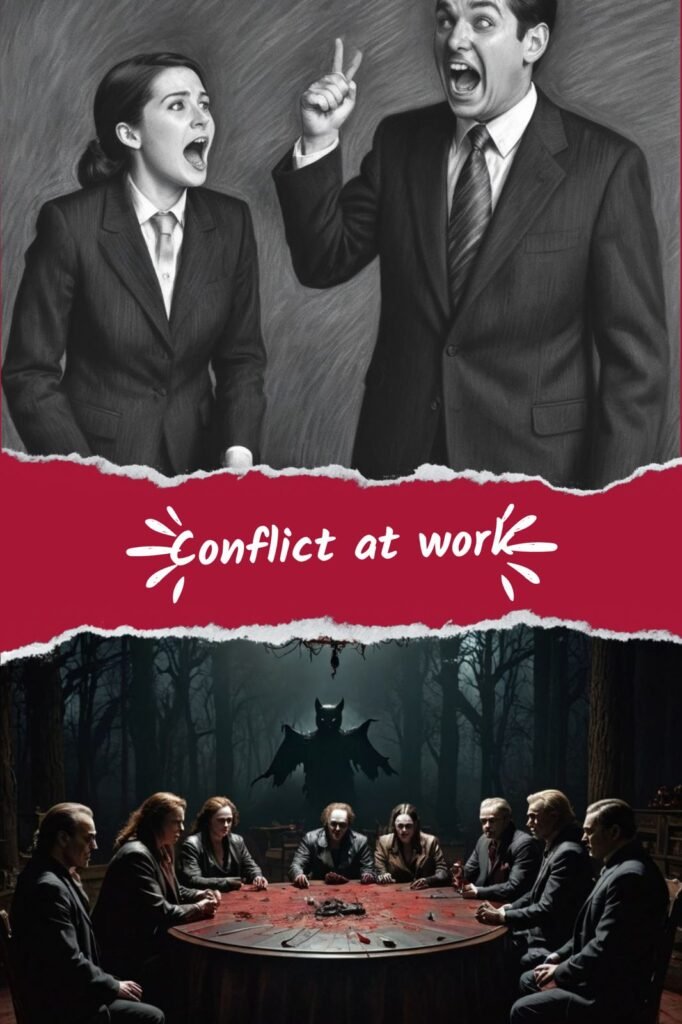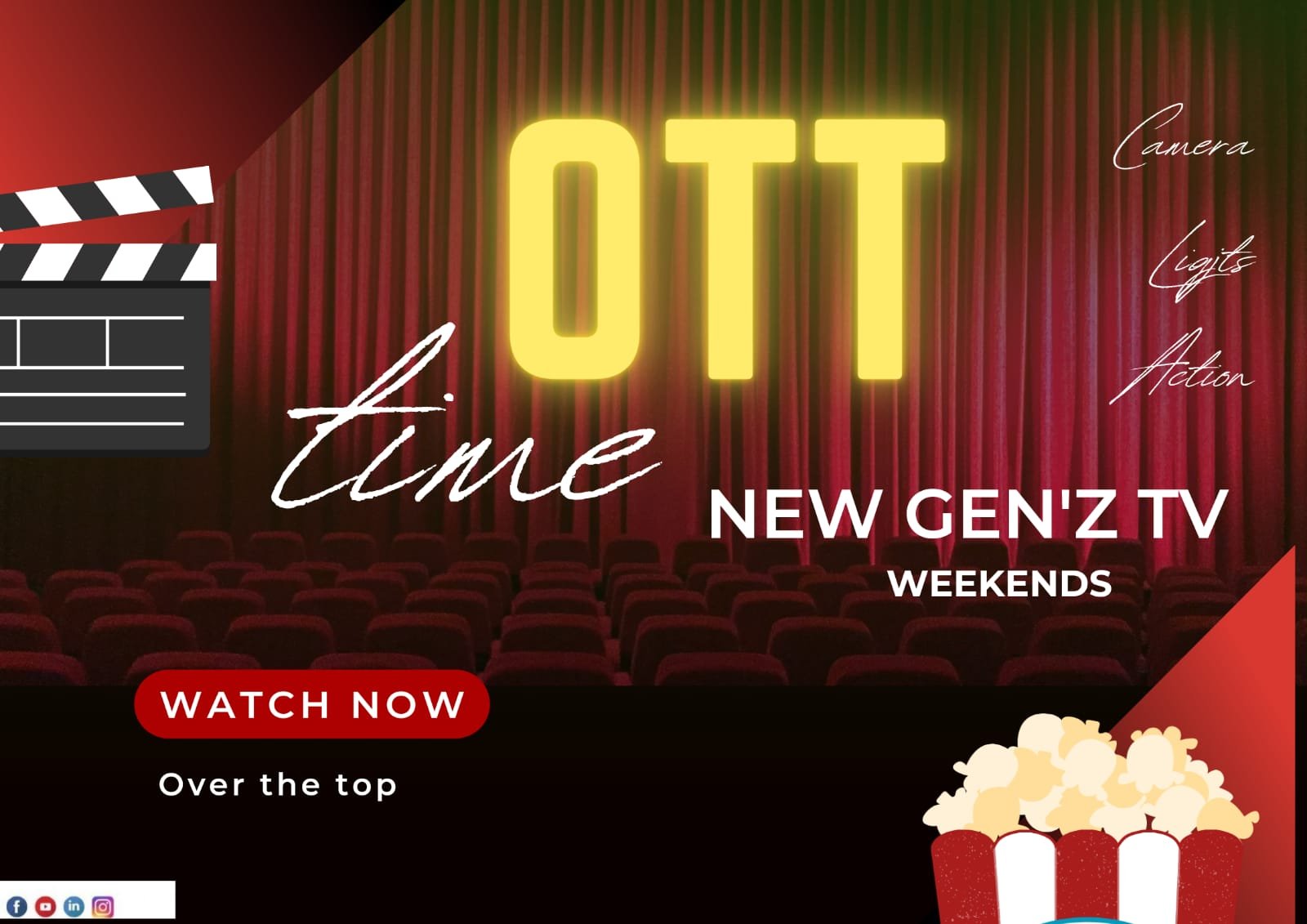The Constructive Side of Conflict: Navigating Workplace Disputes for Organisational Success

In my journey of professional development, spanning across premier professional services firms and leading IT conglomerates, I have had the unique privilege to witness an array of workplace dynamics. One of the most challenging, yet profoundly underestimated aspects, is conflict management.
Contrary to conventional perceptions, not all conflict is detrimental. When carefully navigated, conflict can serve as a catalyst for innovation, enhanced decision-making, and strengthened interpersonal relationships. My write-up today delves into the constructive potential of conflict, distinguishing between productive and negative conflict and offering strategies to harness the former for organisational benefit.
The Constructive Side of Conflict: Navigating Workplace Disputes for Organisational Success
Understanding Productive Conflict:
Productive conflict, often termed as “functional” or “constructive” conflict, is characterised by a respectful exchange of differing opinions and ideas. It stimulates critical thinking and prompts members to challenge the status quo, paving the way for creativity and innovation. A pivotal reason to encourage constructive conflict is its capability to foster a culture of openness, where employees feel valued and motivated to contribute their unique perspectives. This can significantly enhance decision-making processes, as varied viewpoints are considered, scrutinised, and synthesised to reach well-rounded solutions.
Organisations that embrace productive conflict stand to gain significantly. Firstly, it leads to improved problem-solving capabilities, as diverse thoughts converge to create innovative solutions. It also enhances team cohesion; despite the paradox, navigating through disagreements constructively can strengthen trust and understanding among team members. Moreover, it prepares individuals and organisations to adapt to change more fluidly, as constant questioning and reassessment foster a culture of agility and resilience.

Recognising and Handling Negative Conflict
While conflict can be stimulating, not all forms of conflict contribute positively to organisational goals. Negative conflict, marked by personal attacks, unresolved disputes, and a breakdown in communication, can lead to decreased productivity, a toxic work environment, and high employee turnover. Recognising the signs of deteriorating conflict is crucial—these include persistent disagreements, lack of cooperation, and a visible divide within teams.
Addressing negative conflict requires a proactive and structured approach. Establishing clear policies and communication channels for conflict resolution can provide employees with the means to express concerns safely. Encouraging empathy and active listening during disagreements can pave the way for mutual understanding. Furthermore, training managers and team leaders in conflict resolution skills can equip them with the tools needed to intervene effectively and constructively.
Further Exploration
For those keen on understanding this better. Please see below my personal recommendations:
- The Five Dysfunctions of a Team by Patrick Lencioni – This book delves into the foundational causes of team conflict and provides practical strategies for overcoming them, emphasising the role of trust and vulnerability in fostering collaboration.
- Difficult Conversations: How to Discuss What Matters Most by Douglas Stone, Bruce Patton, and Sheila Heen – Focused on the art of navigating difficult conversations, this book offers invaluable advice for transforming challenging interactions into opportunities for growth.
- Crucial Conversations: Tools for Talking When Stakes Are High by Kerry Patterson, Joseph Grenny, Ron McMillan, and Al Switzler – Providing strategies for high-stakes discussions, this read is essential for anyone looking to handle critical conversations with poise and empathy.

While conflict is an inevitable aspect of professional life, its management need not be a daunting task. By fostering an environment where constructive conflict is appreciated and negative conflict is adeptly managed, organisations can unlock a treasure trove of innovation, resilience, and collaborative success. Embracing the multifaceted nature of conflict can indeed transform it from a feared adversary into a valued ally in organisational world.
(The Author is Sumesh Khatua, Director, Talent Development. Views expressed are personal and do not reflect the official position or policy of Filmyplex.in.)
Last Updated on Monday, May 20, 2024 5:55 am by Admin


